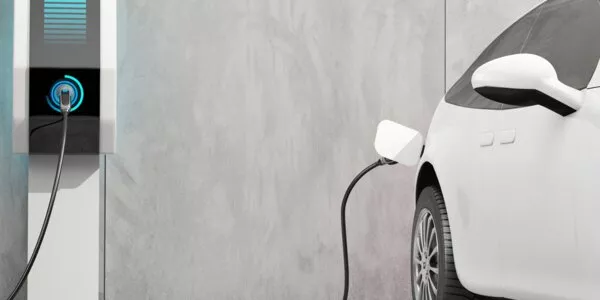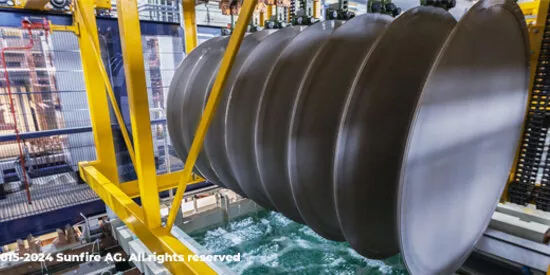
Crowdfunding, a new reality for renewable energy
An editorial from Pierre Palmieri, Global Head of Finance and Sponsor of the “Sustainable and Positive Impact Finance” offering, published in l’Agefi.
In order to strengthen regional support for renewable energy projects, and thereby accelerate the energy transition, the French government has decided to systematically encourage crowdfunding in future calls for tenders. Those active in the sector - developers, investors and financing parties - should adapt to this new reality.
The energy transition is underway in Europe, and France is taking it a step further in this acceleration with its ambitious “Renewable Energy Liberation Plan” (“Plan de libération des énergies renouvelables”), one of the key components of the Climate Plan implemented by French Minister of Ecology and Solidarity Transition Nicolas Hulot. Among the measures proposed, the state is prioritising crowdfunding in order to boost support for renewable energy projects in the areas where they are implemented by directly involving citizen-residents.
Gone are the days when major renewable energy players financed their projects exclusively with their own resources or with bank debt. Now, debt from private investors will make up an integral part of financing plans. This will be a challenge for leaders of energy-related projects who, if they fail to meet this requirement, will incur significant penalties that could weigh on the development of their project.
Acceptability, a major challenge for communities
The driving force behind this participatory financing revolution for the government is acceptability. By encouraging residents to have a financial stake in the projects linked to their immediate environment, the state intends to boost their local and social acceptability. With the use of crowdfunding as a driver of acceptability, project implementation will be made easier for both promoters and local authorities.
This trend, which initiated in France, has seen significant development throughout Europe. But if this is in keeping with the acceleration of the energy and climate transition, it is not without consequences for renewable energy players who will face new constraints and uncertainties. Project developers commit to raising tranches of participatory financing, and will be penalised if they fail to do so. But what is the real appetite of individuals for this type of investment?
Banks have a role to play in supporting their customers in the energy transition
Given the volumes of calls for tenders on the horizon, companies will have to quickly adapt to new regulations and more complex legal and financial structures. Throughout this process, banks will have a major role to play in supporting their customers. Banks will have to facilitate the integration of these new private investors into sophisticated transactions, and perhaps also the rise of crowdfunding in France. They can do this by building gateways between dedicated platforms and project developers and by actively participating in public dialogue in order to fine-tune the regulations applicable to crowdfunding. The role of banks will be essential to starting customers down the right path in the energy transition.
This is the goal of Societe Generale, which has been working for more than 10 years with renewable energy providers to develop more responsible energy solutions. With strong commitments in favour of the fight against climate change, we expect to raise €100 billion in financing towards the energy transition between 2016 and 2020, of which €15 billion will be in the form of advisory services and financing in the renewable energy sector. To reach these objectives, we have all the skills and rigour necessary to collectively lead the profound transformation into the world of tomorrow. By helping to meet the environmental and social challenges of our clients, we contribute to the development of a fairer and more environmentally-friendly economy.
Find out the editorial published in l'Agefi, 9 May issue (in French)




